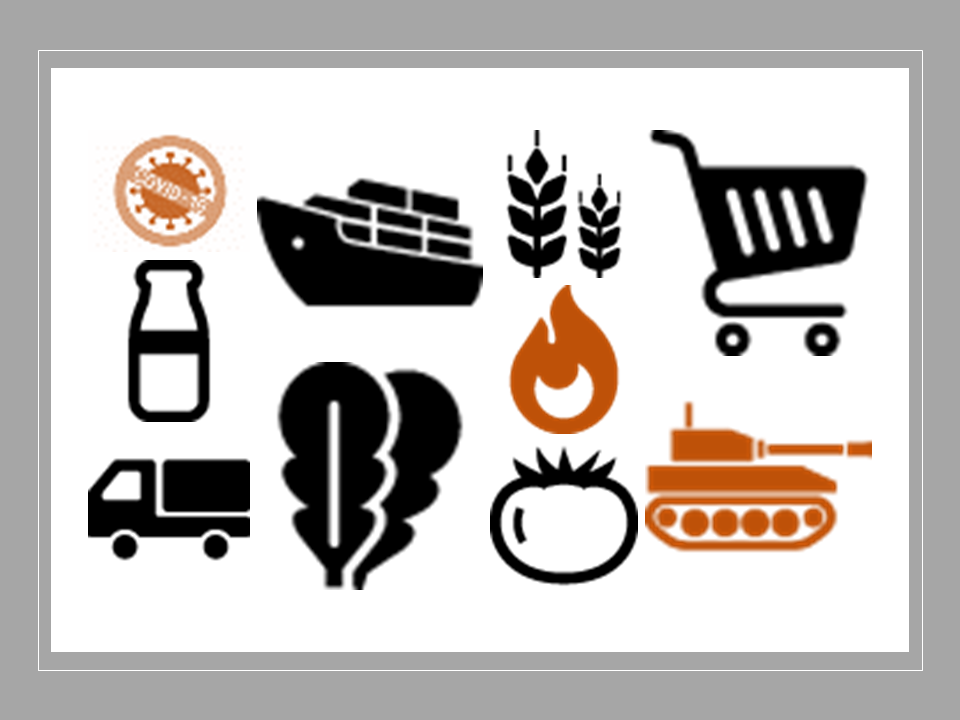Pick Up
968. Assessment of Food System Resilience

968. Assessment of Food System Resilience
Despite the globalization of food, the world food system remains vulnerable to disruptions caused by natural disasters, political crises, infectious diseases, and other emergencies. Recent events such as the COVID-19 pandemic and the Russian-Ukrainian crisis have underscored this vulnerability and created a crisis in food and nutrition security. These shocks have had a profound impact on the resilience of the food system, prompting the need to reassess and strengthen its resilience, particularly in anticipation of the increased frequency of climate change shocks in the future.
A systematic review of food system resilience (FSR) published in the journal Global Food Security is presented here.
Originally rooted in ecology, resilience refers to the ability of food systems to adapt and withstand shocks without compromising their long-term functioning. However, as global and regional shocks continue to evolve, the concept of resilience is also evolving. It now guides policy recommendations to build resilience to emerging challenges. Various international development agencies and organizations have developed their own proposals for FSR approaches to assessing resilience. The aim is to create an integrated framework for monitoring and evaluating the impact of development activities on the resilience and vulnerability of food systems. While previous reviews have summarized these trends in food systems research, they often lacked analysis at a granular level (such as community or household) and did not sufficiently address the dynamic challenges of FSR.
For large-scale shocks such as the COVID-19 pandemic, the concept of Food Systems Resilience (FSR) must encompass resilience not only at the national level, but also at the community level. The pandemic highlighted situations where logistical barriers due to lockdowns and mobility restrictions disrupted food system channels, insurance policies, food support systems, food price stability, labor availability, and more.
The authors of the paper argue that food systems need to be resilient at all levels. Therefore, the FSR concept includes indicators that measure impacts at a granular level, allowing for the establishment of resilience targets at the national level. By collecting and analyzing such information, it will be possible to effectively allocate resources and make informed policy decisions to strengthen the resilience of food systems.
Reference
Ujjwal KC, et al. 2024. A systematic review of the evolution of food system resilience assessment,
Global Food Security, Volume 40, 2024, 100744, https://doi.org/10.1016/j.gfs.2024.100744
Contributor: IIYAMA Miyuki (Information Program)
